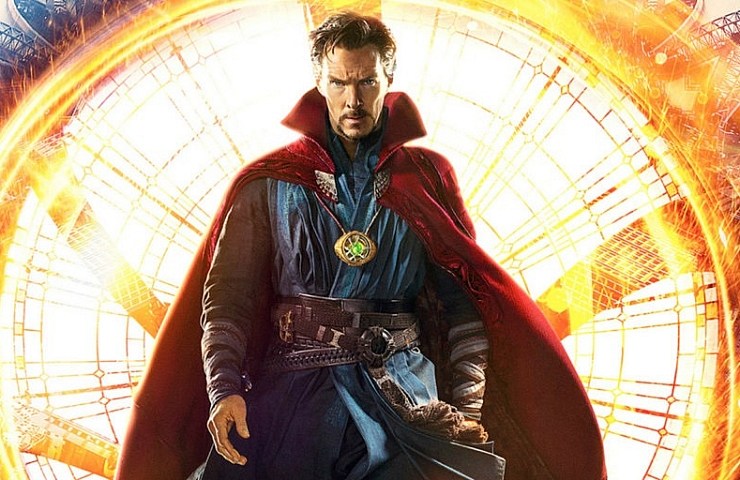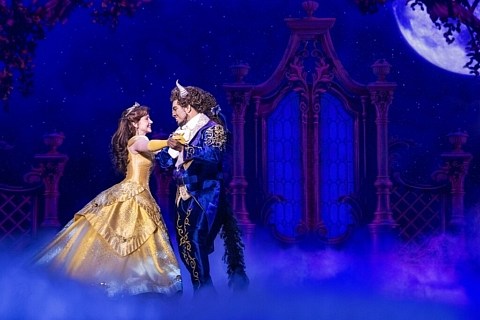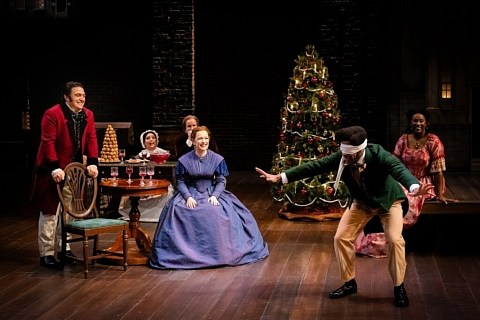The inability to accept death is a trope that leads many villains down their dark path, providing storylines for a multitude of films and novels.
“Doctor Strange,” the fourteenth film in the Marvel Cinematic Universe, takes a series that has featured aliens, talking bionic raccoons and Hulks and adds in a mystic element focusing on the theory of alternate dimensions and the inescapability of time.
Directed by Scott Derrickson (“Sinister,” “The Exorcism of Emily Rose”) with the screenplay by Derrickson and regular collaborator C. Robert Cargill, the film focuses on the origin story of how Dr. Stephen Strange goes from neurosurgeon to sorcerer.
After a horrific car accident where he barely escapes with his life, Dr. Stephen Strange does all he can to gain the full use of his hands again, and in his search he becomes aware of just how little he knows about what he thinks is “reality.” Learning from the Ancient One (Tilda Swinton) Strange learns to open his mind to other dimensions and soon finds out there are dangers out there he never could’ve imagined.
Coming from a Marvel Studios that churns out blockbusters like hotcakes, “Doctor Strange” presents an artful balance of Eastern mind-bending ideas to the superhero genre that fans know and love.
With visual effects that put “Inception” to shame and a score that Derrickson called “magic in the literal sense of the word,” the film uses 3D technology to its full extent, entrenching viewers in a kaleidoscope-like fantasy land.
Starring as the titular doctor, Benedict Cumberbatch (Sherlock, The Imitation Game) takes a role everyone has seen before, superhero origin story, and turns a self-absorbed, arrogant know-it-all into a sympathetic hero the audience can’t help but root for.
Starring opposite is Danish actor Mads Mikkelson (Casino Royale, Hannibal) in the role of Kaecilius, a former apprentice of The Ancient One who is hell-bent on leading Earth into the dark dimension where time has no meaning so he can have eternal life.
The film also features Rachel McAdams (The Notebook, Mean Girls) as Christine Palmer, Strange’s ex and co-worker and Chiwetel Ejiofor (12 Years a Slave, The Martian) as Mordo, providing a stringent rule lawyer to Strange’s rebellious attitude towards the mystical laws.
In an attempt to steer away from the many Asian stereotypes often seen in the comic version of “Doctor Strange,” Derrickson purposely wrote the role to be played by Swinton before she had even accepted the part.
In addition, Derrickson gave Benedict Wong’s character of Wong a much more prominent role in the film than he has in the comics, subverting the traditional manservant role into the protector of the Ancient One’s relics and books. Derrickson also added that Wong would be more involved in the MCU going forward.
While it doesn’t have the pure entertainment of “Guardians of the Galaxy” or deep story of the “Captain America” trilogy, “Doctor Strange” presents a family-friendly film that brings Eastern culture to the MCU while providing the same superhero genre that has made them billions, and the type of visual effects that have only been seen in video games before.
_____________________________________________________________________________________
“Doctor Strange”
Benedict Cumberbatch (Dr. Stephen Strange), Mads Mikkelson (Kaecilius), Rachel McAdams (Christine Palmer), Tilda Swinton (The Ancient One), Chiwetel Ejiofor (Mordo)
Directed by: Scott Derrickson
Screenplay by: Scott Derrickson, C. Robert Cargill
Music by: Michael Giacchino
Cinematography by: Ben Davis
115 min., PG-13
Release date: Nov. 4
8 out of 10.





Recent Comments